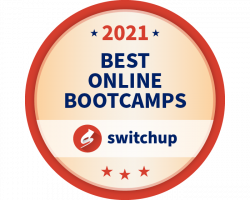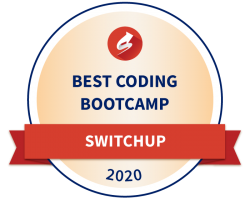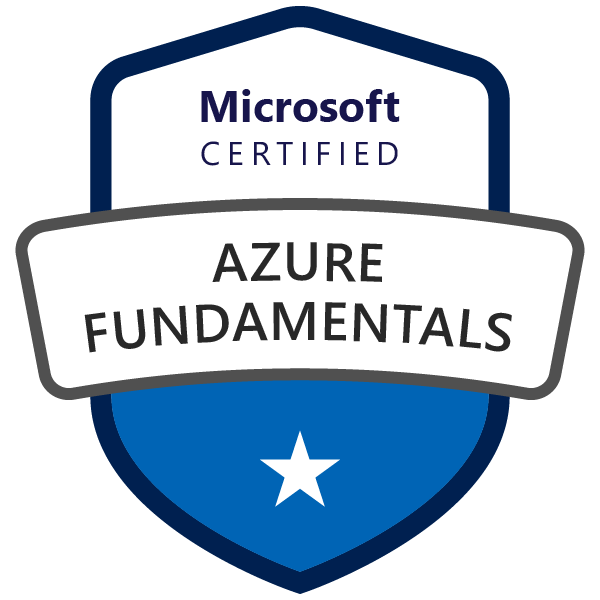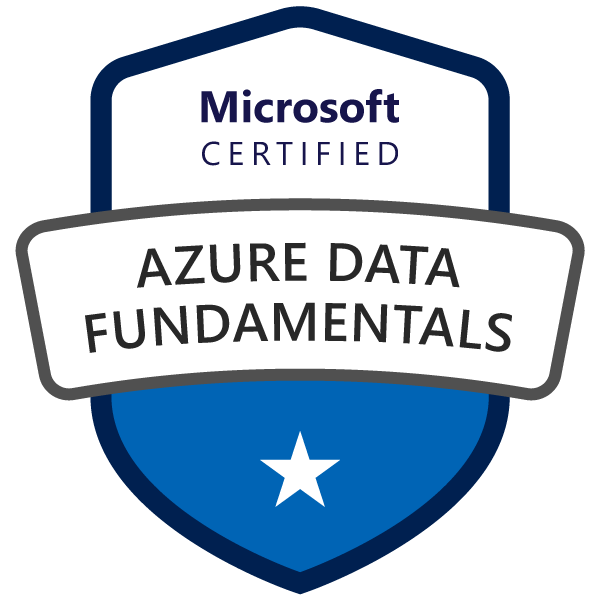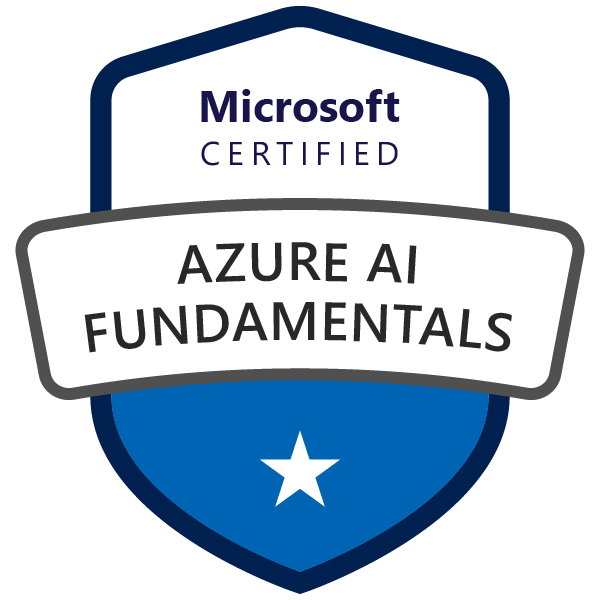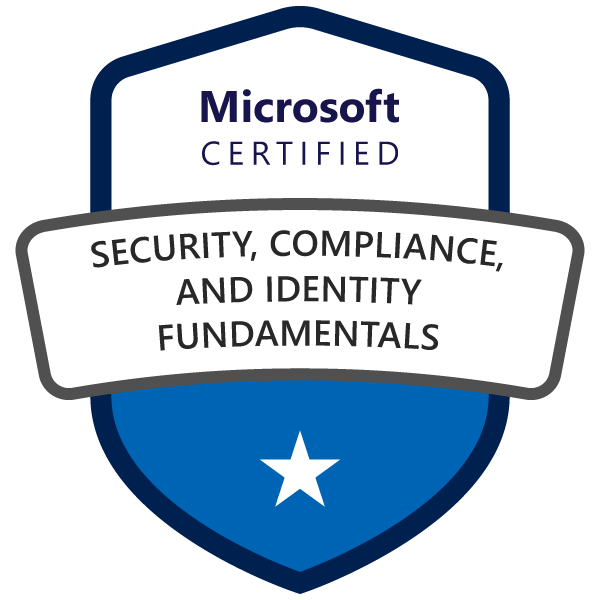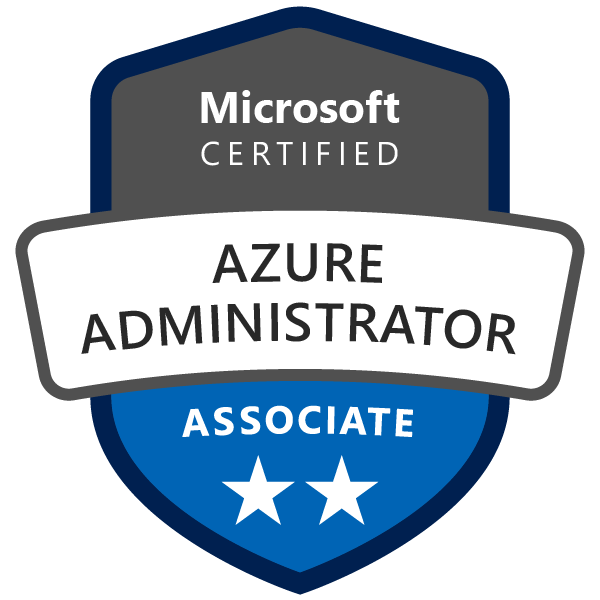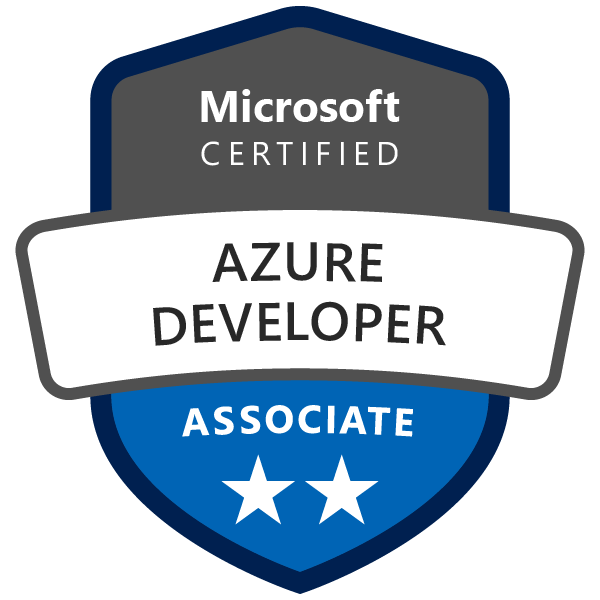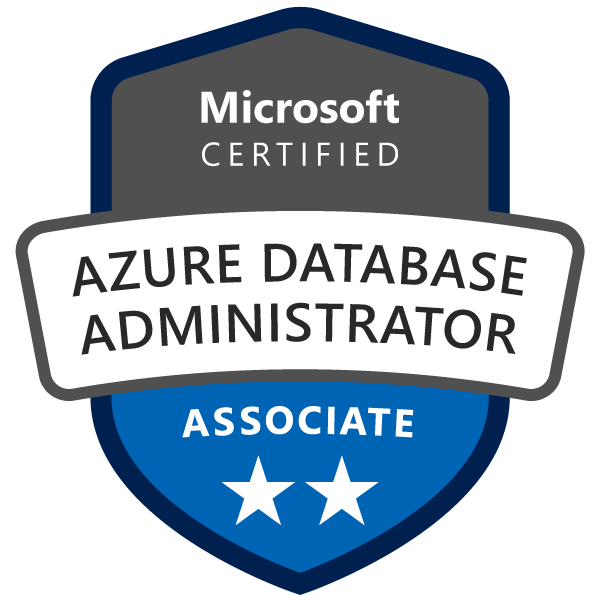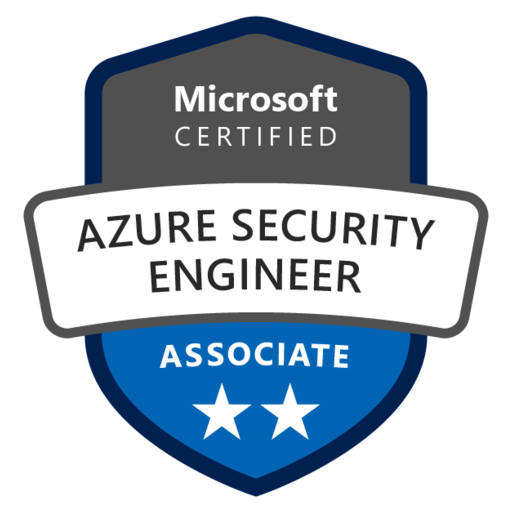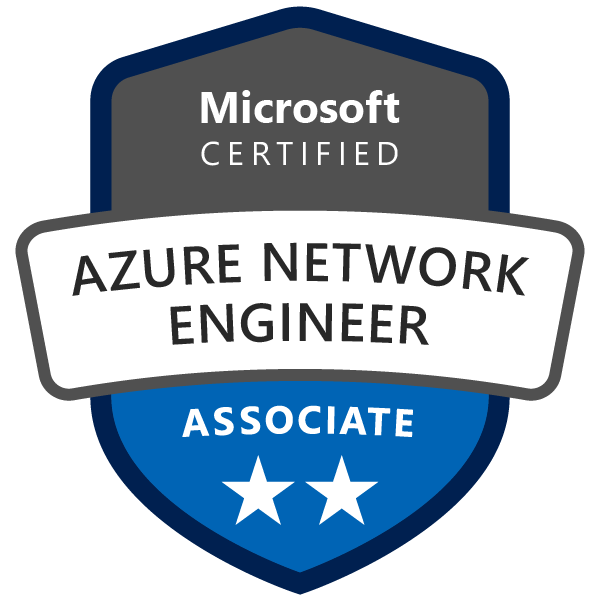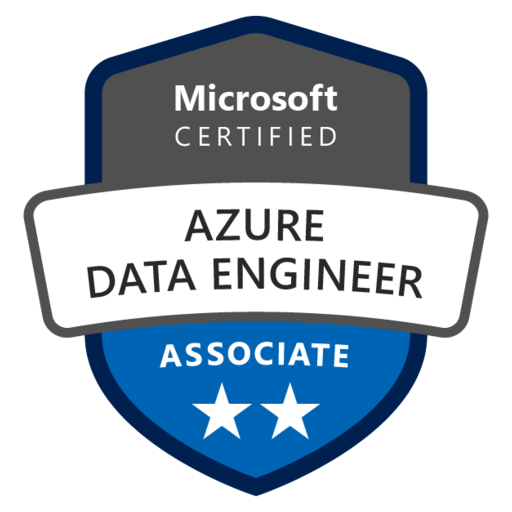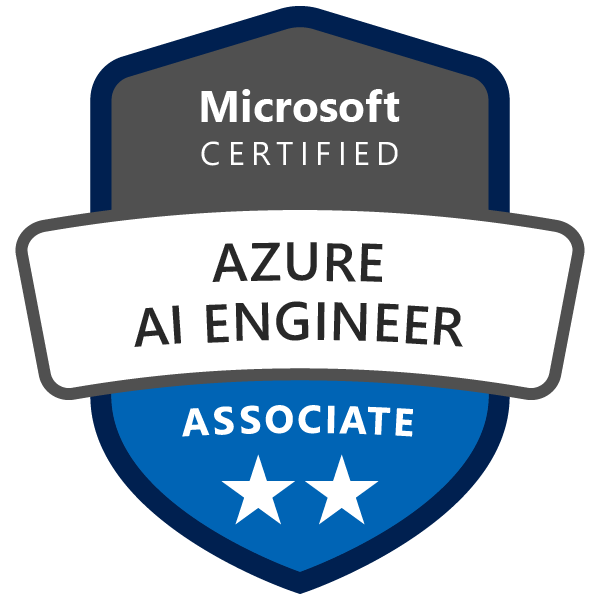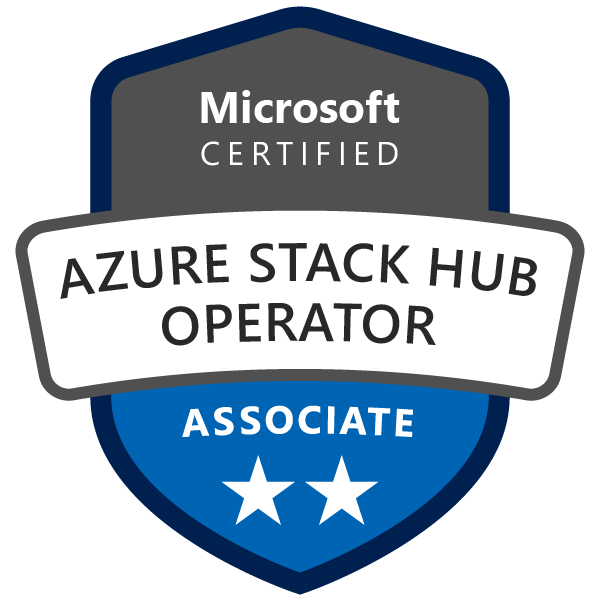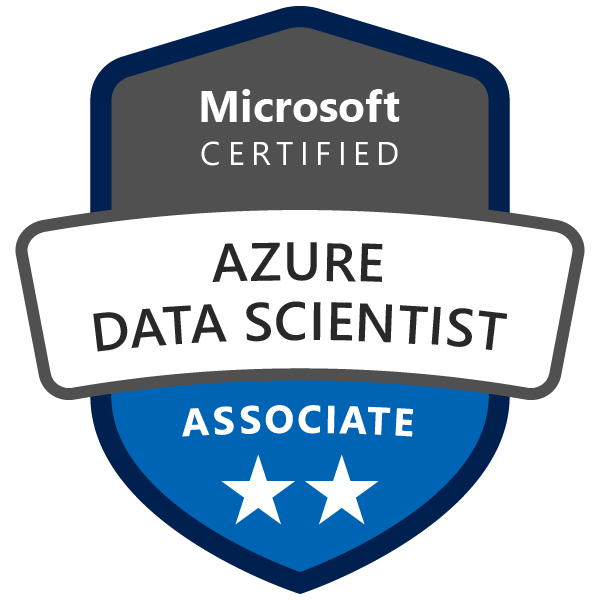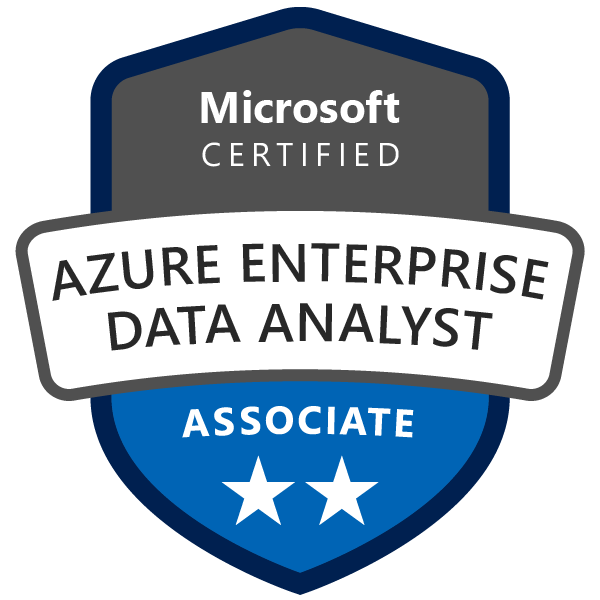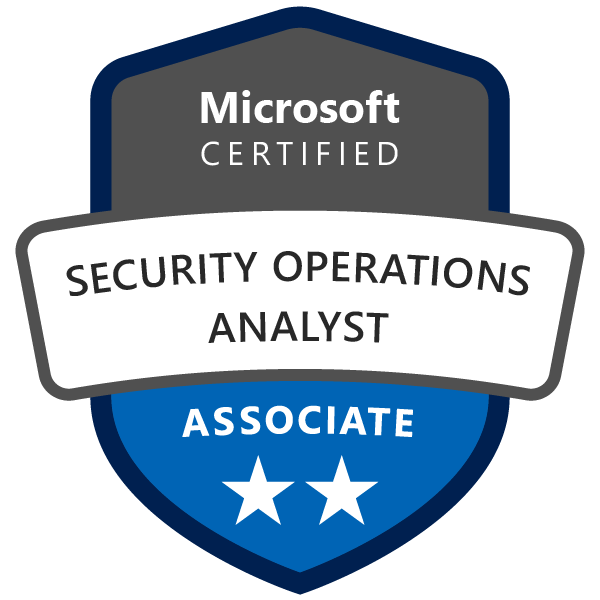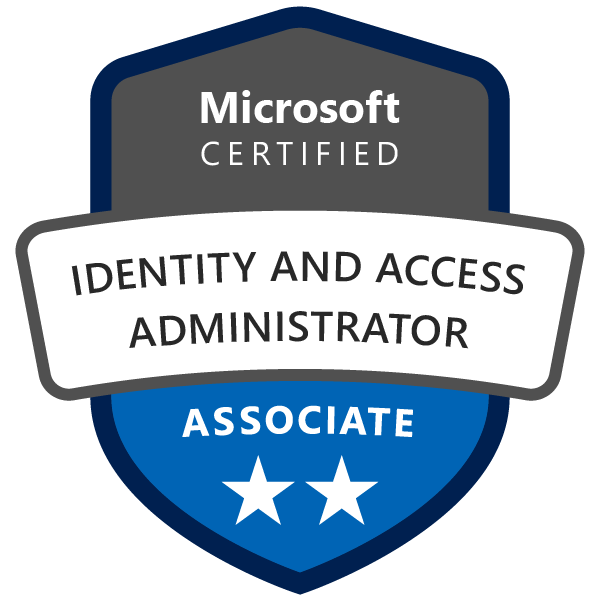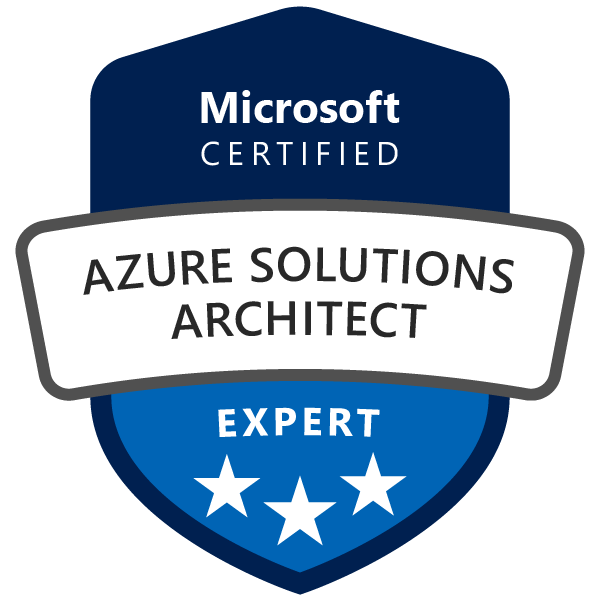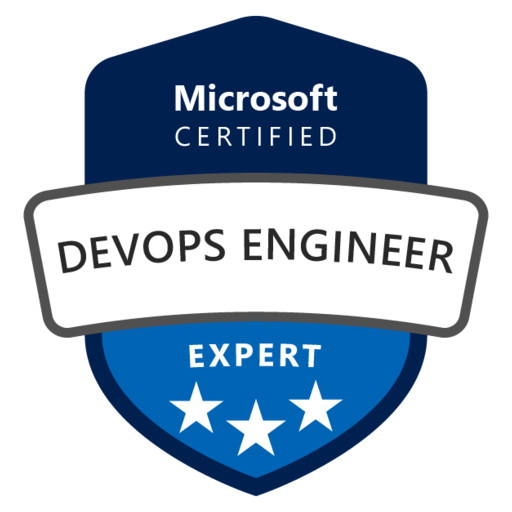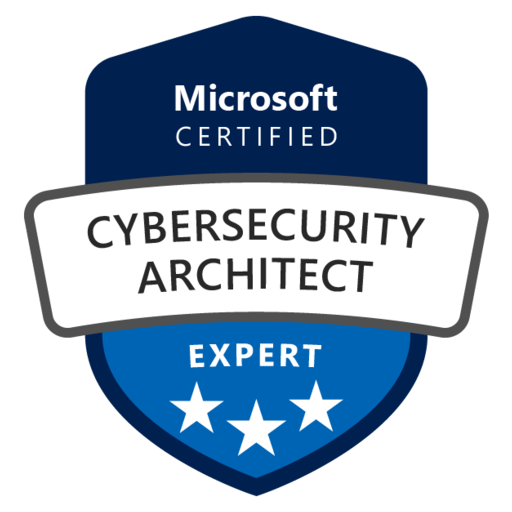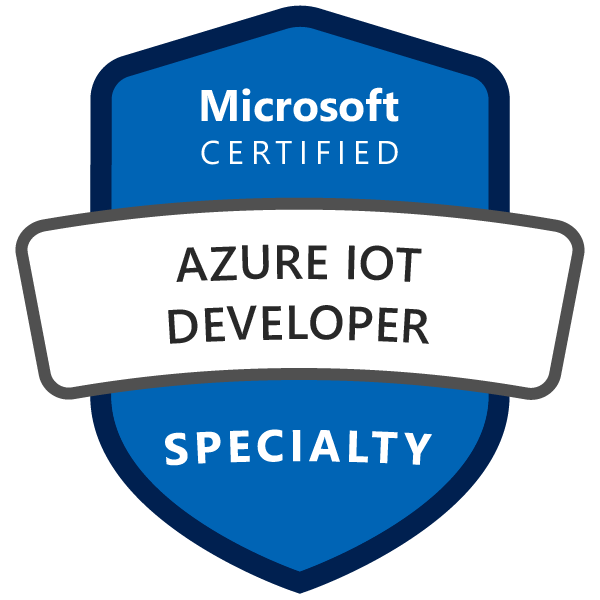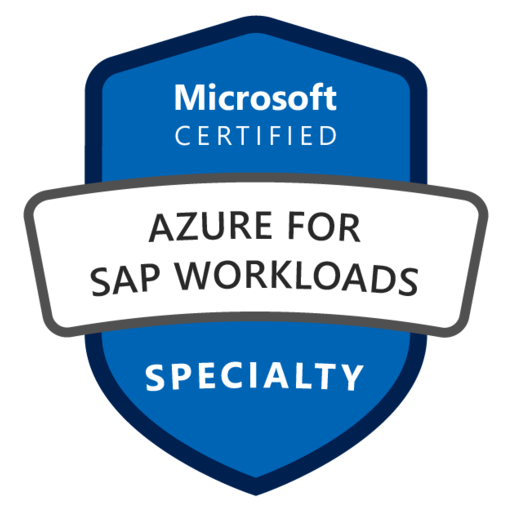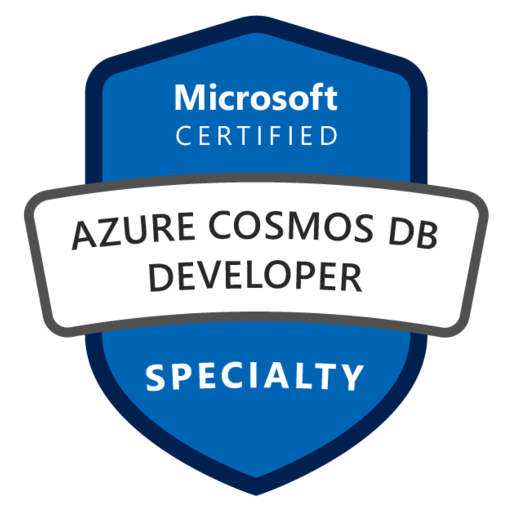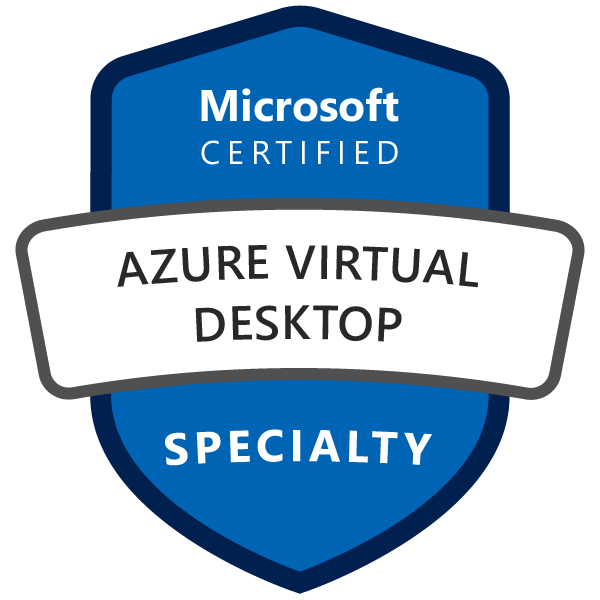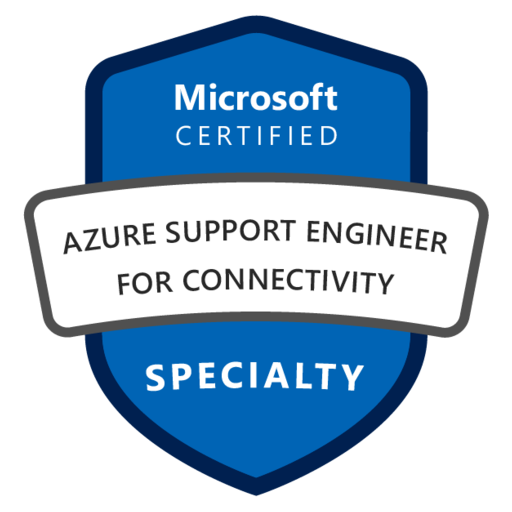Kubernetes Courses
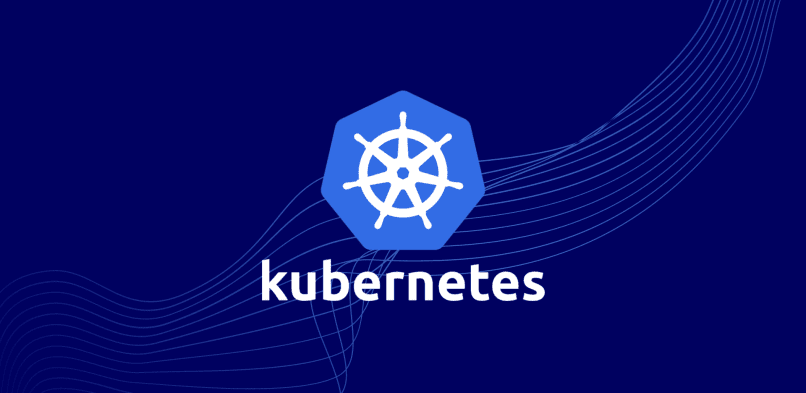
Kubernetes Courses
July 13, 2024 No Comments on Kubernetes Courses
Get Internationally Accredited & Recognized
Kubernetes Courses.
Kubernetes Courses
Kubernetes is an open-source container orchestration system for automating software deployment, scaling, and management. Originally designed by Google, the project is now maintained by the Cloud Native Computing Foundation. The name Kubernetes originates from Greek, meaning ‘helmsman’ or ‘pilot’.
- Kubernetes on Azure (AKS). 10 hours.
- Deploygin Kubernetes Applications with HELM. 20 hours.
- Docker and Kubernetes. 20 hours.
- Managing Kubernetes with Rancher. 20 hours.
- OpenShift 4 with for Administrators. 20 hours.
Why learn about Kubernetes?
All in all Kubernetes is an open-source container orchestration system for automating software deployment, scaling, and management. Originally designed by Google, the project is now maintained by the Cloud Native Computing Foundation. The name Kubernetes originates from Greek, meaning ‘helmsman’ or ‘pilot’.
Part-Time
Thus fast forward your career in the IT industry with a part-time Developer course at School of IT. Part-time courses allow working professionals to transition into a new skill set while working. In turn at School of IT we are agile and customize a course to the individual. Flexibility.
Full Time
Ready to start a career in IT? In turn learn to code using Microsoft Azure as a full time student at School of IT. Thus beginning your career in development.
High School
Prepare for the future by learning azure modules for development while you’re still in high school.
Corporate
Upskill yourself or your company by enrolling for the Kubernetes course, whilst you’re working.
Course objectives
By the end of the Introduction to Advanced Kubernetes Course. In turn students will have usable knowledge of the following:
- IntroductionOverview of container orchestration with KubernetesOverview of Kubernetes architecture
- Pods, labels/selectors, replication controllers, services, API
Installing a Kubernetes cluster
Pulling a Docker image from the internet
Creating Kubernetes pods, volumes and deployments
Grouping and organizing your cluster
Using Kubernetes Namespaces to manage different environments
- Managing test, staging, and production environments within the same cluster
- Kubernetes Namespaces best practices
Discovering and connecting to containers
Discovering and publishing services
- Non-HTTP services (Passive FTP, SMTP, LDAP, etc.)
Kubernetes security
- Authentication & authorization
Upgrading a Kubernetes cluster
- Minimizing the impact
Advanced networking
- Docker networking vs Kubernetes networking
Interfacing between network providers and Kubernetes networking
- Best practices for separating services in a cluster
- Comparison of different CNI providers (performance, features, etc.)
Monitoring Kubernetes
- Cluster logging with Elasticsearch and fluentd
- Container level monitoring (cAdvisor UI, Influxdb, Prometheus)
Best Practices for running containerized servers and data stores
Scaling your Kubernetes cluster
Infrastructure for Kubernetes
- Provisioning, partitioning, networking
Building a high-availability cluster
- Load balancing and service discovery
Deploying a scalable application
- Horizontal pod autoscaling
- Database clustering in Kubernetes
Updating your application
- Releases in Kubernetes
Troubleshooting
- Diagnosing and fixing common Kubernetes issues
Job Opportunities
In turn the career prospects for Kubernetes graduates are excellent and high in demand. Computers is everywhere: on all platforms and devices and in all countries around the world!
- Azure Developer.
- Developer.
- All in all a Back end or front end developer.
- Software Developer.
- All in all become a Cloud Administrator.

